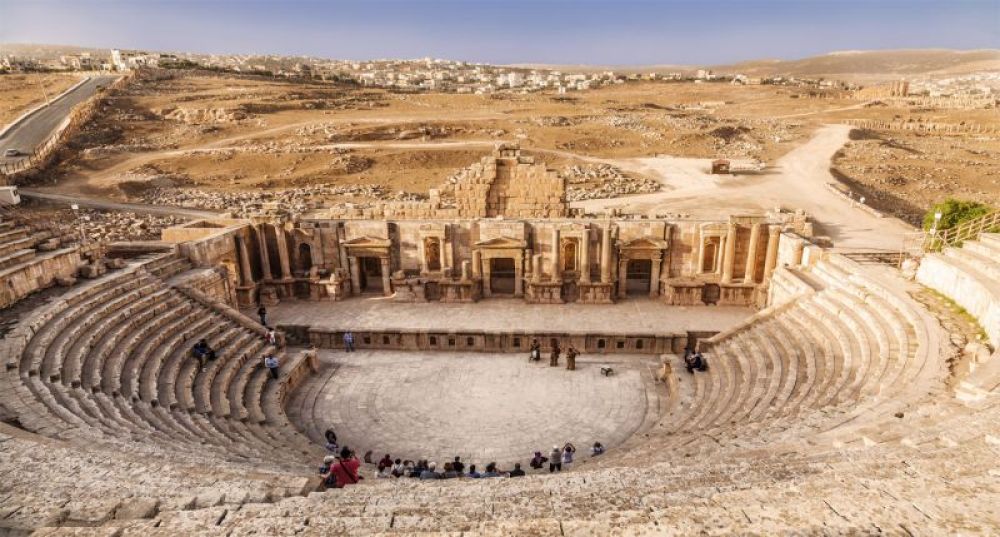

Jerash, located in the north of Jordan, is home to some of the best-preserved Greco-Roman ruins in the world. It has a rich history that spans more than 6,500 years, making Jerash an irresistible destination for historical tourism. The city's golden age came under Roman rule, and today, the ruins stand as a testament to its past splendor.
Tourism in Jerash can be traced back to the early 19th century when European travelers began exploring the Middle East, searching for archaeological sites and ancient civilizations. The rediscovery of Jerash by German explorer Ulrich Jasper Seetzen in 1806 marked the beginning of the site's modern tourism era.
Archaeological excavations which started in the 1920s by the Department of Antiquities of Jordan and the American Schools of Oriental Research added to Jerash's appeal as a tourism destination. These excavations revealed extensive ruins that provided insight into the history and culture of the Greco-Roman world in the region.
The development of tourism in Jerash took a more structured turn when the Jordanian government, recognizing the potential of Jerash's archaeological wealth, began investing in tourism infrastructure in the mid-twentieth century. Roads were improved, and facilities were developed to accommodate visitors, which included the addition of local guides, visitor centers, and amenities.
Jerash has been incorporated into Jordan's national tourism strategy, which aims to promote the country's historical and cultural heritage sites. The Jordan Tourist Board (JTB) has been pivotal in integrating Jerash into various travel itineraries, not only showcasing its ruins but also cultural events such as the Jerash Festival for Culture and Arts.
As part of the tourism offerings, the Jerash Festival for Culture and Arts, which started in 1981, has become an international attraction. This annual festival transforms the ancient city into an amazing cultural venue for music, dance, drama, and art, drawing tourists and performers from around the globe.
In recent years, with the rise of digital media and the increasing desire for experiential travel, Jerash has witnessed a new trend in tourism. Travelers seek immersive experiences, combining visits to ancient sites with local interactions and exploring lesser-known narratives of the city's history.
Moreover, current trends show an increase in sustainable tourism practices, with more emphasis on preserving the city’s archaeological heritage for future generations. Efforts are being made to facilitate responsible travel that respects Jordan’s historical wealth while contributing to the local economy.
Today, Jerash stands as a beacon of Jordan's ancient past and a pillar of its tourism industry. With the ongoing efforts to preserve and promote the site, coupled with its historical grandeur and the natural allure of Jordan, Jerash will continue to be a destination that captures the imagination of travelers for generations to come.